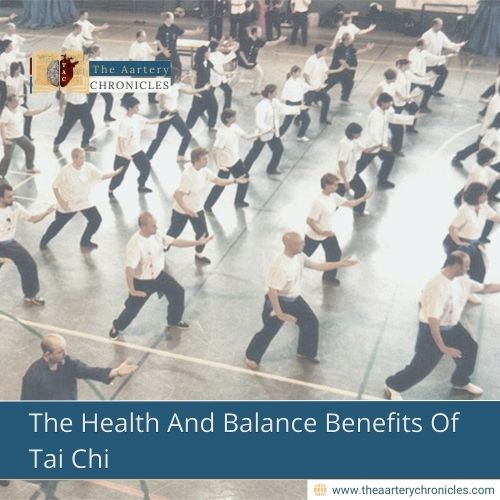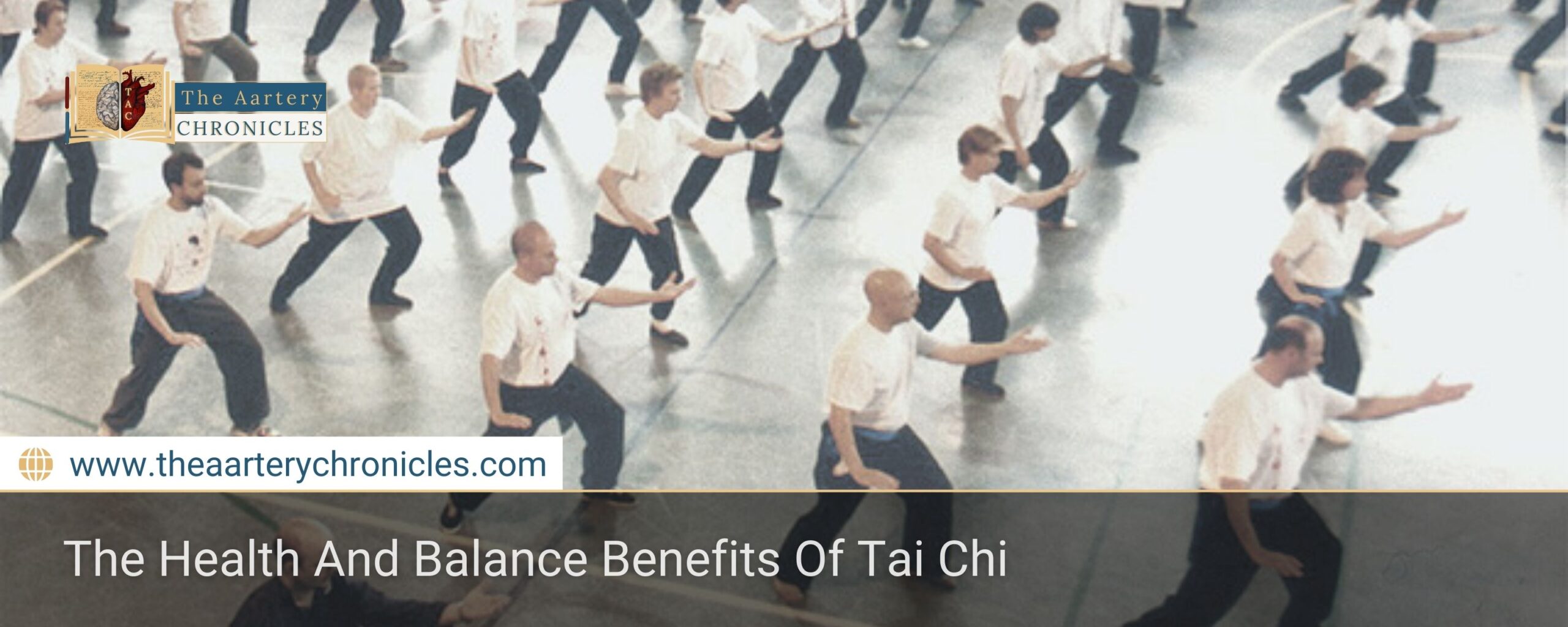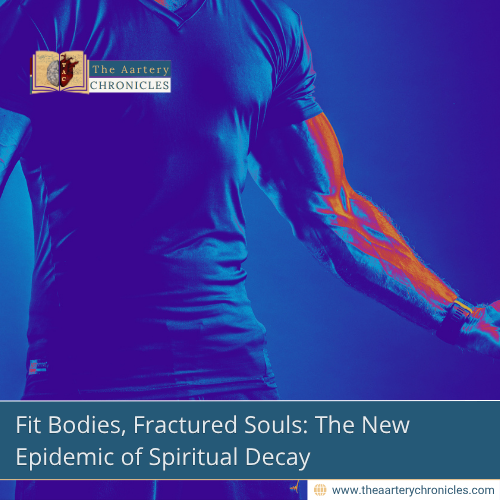

The Health And Balance Benefits Of Tai Chi
Introduction
Tai Chi is an ancient Chinese practice that combines slow, flowing movements with deep breathing and mental focus. Originally a martial art, Tai Chi has evolved into a form of exercise that promotes physical and mental well-being. In this article, we explore the many health and balance benefits of Tai Chi .
Improving Physical Health
Tai Chi is known for its many physical health benefits. Some of the main benefits are listed below:
- Muscle Strengthening: The slow, controlled movements of Tai Chi help improve muscle strength, especially in the legs and core.
- Flexibility and Mobility: Regular practice of Tai Chi increases joint flexibility and improves overall body mobility.
- Balance and coordination: Through the execution of complex movement sequences, Tai Chi significantly improves balance and coordination, reducing the risk of falls, especially in the elderly.
- Cardiovascular Endurance: Even though Tai Chi is a low-impact activity, it is still effective in improving cardiovascular health due to its ability to increase heart rate and improve blood circulation.
- Immune System: Studies have shown that Tai Chi can strengthen the immune system, making the body more resistant to disease.
Mental And Psychological Benefits
In addition to the physical benefits, Tai Chi offers numerous mental and psychological health advantages :
- Stress Reduction: The combination of slow movements and deep breathing helps reduce stress and anxiety, promoting a sense of calm and relaxation.
- Mood Improvement: Tai Chi can improve mood and reduce symptoms of depression due to its ability to increase endorphin levels in the body.
- Concentration and Awareness: The practice of Tai Chi requires great mental concentration, improving the ability to pay attention and awareness of one’s body and mind.
- Sleep Quality: Many people who practice Tai Chi report sleeping better and having more restful sleep.
Support For Chronic Conditions
Tai Chi can be especially beneficial for people with chronic conditions. Some examples include:
- Arthritis: Tai Chi helps reduce joint pain and stiffness, improving the quality of life of people with arthritis.
- Fibromyalgia: People with fibromyalgia may find relief from painful symptoms through the practice of Tai Chi.
- Parkinson’s: Tai Chi may improve balance and coordination in Parkinson’s patients, reducing the risk of falls.
- Hypertension: Regular Tai Chi practice can help reduce blood pressure, improving overall cardiovascular health.
Benefits For Balance And Proprioception
One of the most significant benefits of Tai Chi is the improvement of balance and proprioception:
- Body Awareness: Tai Chi improves awareness of one’s body in space, helping to prevent falls and accidents.
- Core Strengthening: A strong core is essential for maintaining balance, and Tai Chi focuses on strengthening this area of the body.
- Dynamic Stability: Tai Chi practice involves movements that improve stability both in static positions and in movement.
A Holistic Approach To Health
Tai Chi offers a holistic approach to health, combining physical, mental, and emotional benefits into one practice. This makes it an excellent choice for anyone looking to improve their overall well-being.
Frequently Asked Questions (FAQ)
❓Who can do Tai Chi?
People of all ages and fitness levels. It is especially beneficial for seniors due to its low-impact movements.
Tip: Consult a doctor before starting any new physical activity.
❓What do you need to start practicing Tai Chi?
To start practicing Tai Chi, you only need comfortable clothing and an open space.
Tip: Find a qualified instructor to learn the movements correctly.
❓When is the appropriate time to practice Tai Chi?
Tai Chi can be practiced at any time of day, but many people prefer the morning hours to start their day with energy.
Tip: Try to practice regularly to maximize the benefits.
❓How to learn Tai Chi?
Tai Chi can be learned through instructor-led classes, online videos, or books.
Tip: Start with live classes to make sure you’re performing the movements correctly.
❓Where can you practice Tai Chi?
Tai Chi can be practiced anywhere: at home, outdoors, or in a gym.
Tip: Choose a quiet environment to facilitate concentration.
❓Why is Tai Chi good for your health?
Tai Chi improves strength, flexibility, balance and reduces stress, improving your overall quality of life.
Tip: Practice regularly for best results.
Conclusion
Tai Chi is a versatile and beneficial practice that can significantly improve your health and balance. Its slow, flowing movements, combined with deep breathing and mental focus, offer benefits ranging from improved strength and flexibility to reduced stress and improved mood. Whether you’re looking for a way to improve your physical health, mental health, or both, Tai Chi may be the perfect solution.









